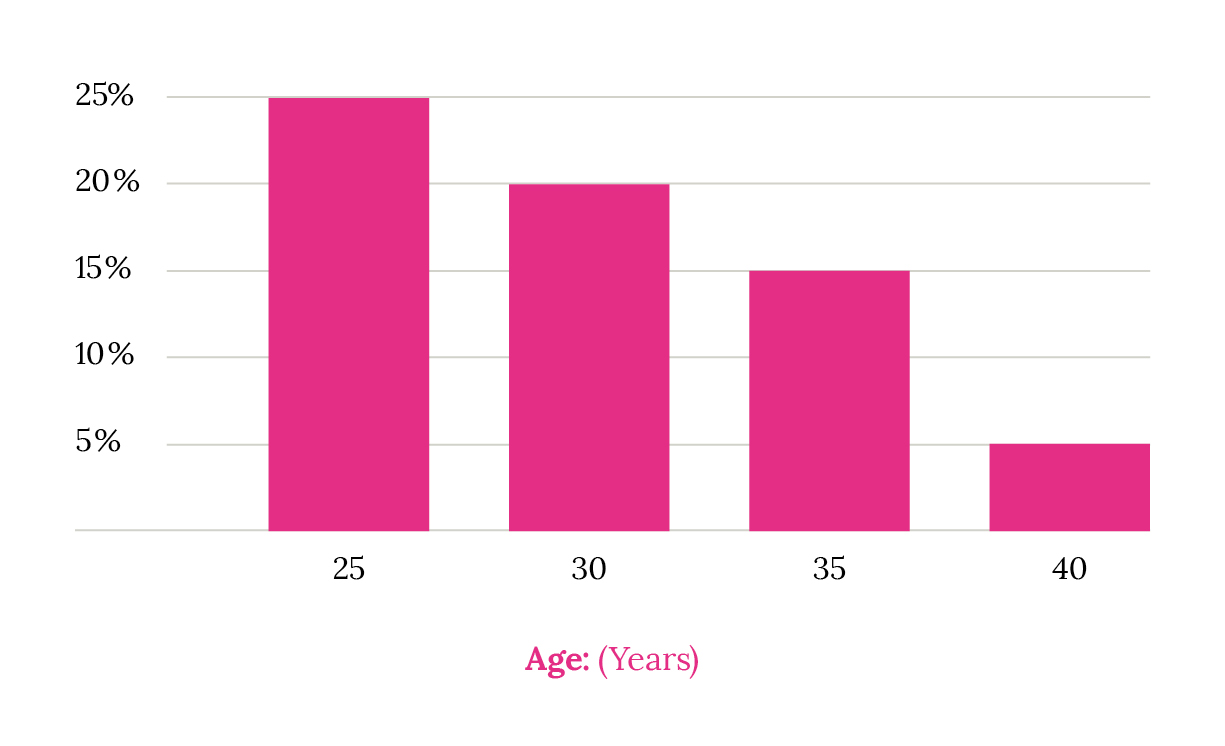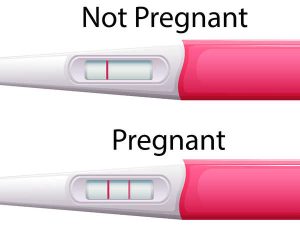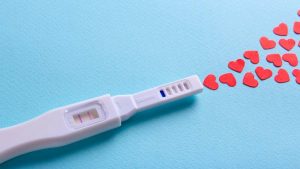Fertility is the ability to conceive and have children. It depends on many factors, such as genetics, lifestyle, health conditions, and environmental exposures. However, one of the most important factors that affect fertility is age.
Age affects both male and female fertility in different ways. In this blog post, we will explore how age affects fertility, what are the risks and benefits of having children at different ages, and what some options are for people who want to preserve or enhance their fertility.
How Age Affects Female Fertility
Female fertility is largely determined by the number and quality of eggs in the ovaries. Women are born with a finite number of eggs, which gradually decline in quantity and quality as they age. This process is called ovarian aging.
Ovarian aging affects female fertility in several ways:
– It reduces the chances of ovulation (the release of an egg from the ovary) each menstrual cycle.
– It increases the chances of chromosomal abnormalities in the eggs, which can lead to miscarriage or birth defects.
– It decreases the responsiveness of the ovaries to fertility drugs, which can make it harder to stimulate ovulation or achieve pregnancy through assisted reproductive technologies (ART) such as in vitro fertilization (IVF).
The decline in female fertility due to ovarian aging is not linear. It starts slowly in the early 20s and accelerates after the age of 35. By the age of 40, the average woman has only a 5% chance of conceiving naturally per cycle. By the age of 45, this chance drops to less than 1%.
How Age Affects Male Fertility
Male fertility is mainly determined by the number and quality of sperm in the semen. Unlike women, men produce sperm throughout their lives. However, male fertility also declines with age, although more gradually and variably than female fertility.
Age affects male fertility in several ways:
– It reduces the quantity and motility (movement) of sperm in the semen.
– It increases the chances of DNA damage and chromosomal abnormalities in the sperm, affecting fertilization, implantation, or fetal development.
– It increases the risk of erectile dysfunction (ED) or ejaculatory problems, which can interfere with sexual intercourse or ART.
The decline in male fertility due to age is not as well-defined as female fertility. Some men may maintain normal sperm quality and function well into their 50s or 60s, while others may experience significant declines in their 30s or 40s. However, studies have shown that male fertility generally starts to decline after the age of 40.
Risks and Benefits of Having Children at Different Ages
Having children at different ages has both risks and benefits for parents and children. Here are some of them:
– Having children at a younger age (20s or early 30s) may have some benefits such as higher fertility, lower risk of pregnancy complications or birth defects, more energy and resilience to cope with parenting demands, longer life expectancy to see children grow up and have grandchildren, and more opportunities for career advancement or education after childbearing.
– Having children at a younger age may also have some risks such as lower financial stability or security, less emotional maturity or relationship stability, less personal or professional fulfillment or satisfaction, higher risk of divorce or separation, higher stress or depression levels, and less social support or network.
– Having children at an older age (late 30s or 40s) may have some benefits such as higher financial stability or security, more emotional maturity or relationship stability, more personal or professional fulfillment or satisfaction, lower stress or depression levels, more social support or network, and more involvement or participation in childrearing.
– Having children at an older age may also have some risks such as lower fertility, higher risk of pregnancy complications or birth defects, less energy and resilience to cope with parenting demands, shorter life expectancy to see children grow up and have grandchildren, and fewer opportunities for career advancement or education after childbearing.
Options for Preserving or Enhancing Fertility
For people who want to have children at a later age or face fertility challenges due to age or other factors, there are some options available to preserve or enhance their fertility. Some of them are:
– Lifestyle changes: Adopting a healthy lifestyle can improve fertility by reducing stress levels, maintaining a healthy weight, avoiding smoking and excessive alcohol consumption, exercising regularly, eating a balanced diet rich in antioxidants and omega-3 fatty acids, and avoiding exposure to environmental toxins or pollutants.
– Fertility awareness: Tracking ovulation and fertile days can increase the chances of conception by timing sexual intercourse or ART accordingly. There are various methods to track ovulation such as basal body temperature (BBT), cervical





